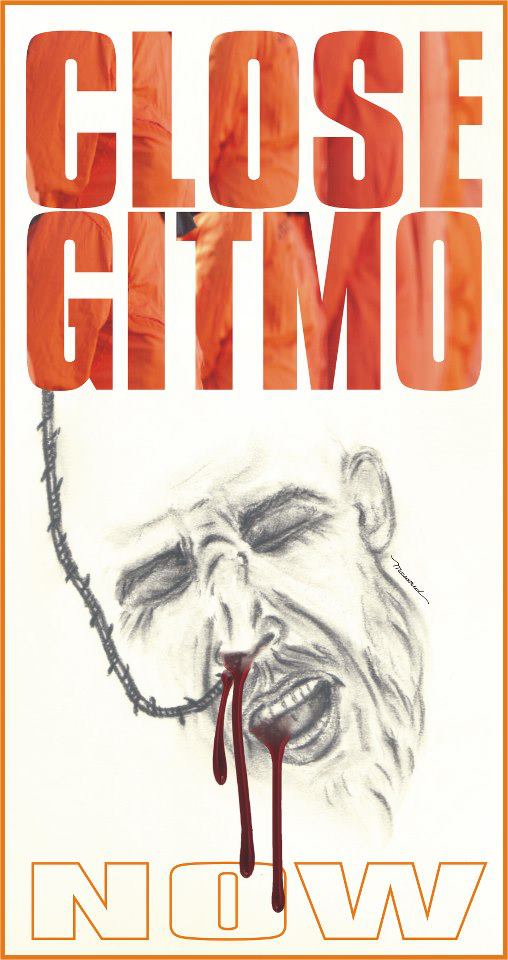
Those inmates who have been subjected to forced feeding, describe the pain and degradation they feel during it.
In an op-ed for the New York Times last month, Samir Naji al Hasan Moqbel wrote: "I will never forget the first time they passed the feeding tube up my nose. I can't describe how painful it is to be force-fed this way. As it was thrust in, it made me feel like throwing up. I wanted to vomit, but I couldn't. There was agony in my chest, throat and stomach. I had never experienced such pain before. I would not wish this cruel punishment upon anyone."
An editorial published earlier this month in the medical journal the Lancetsuggests that there is a distinct moral line between force-feeding people who are refusing meals through impaired mental capacity and those doing so as a protest. It states:
"In the latter case, the individual has weighed up the facts, and come to the conclusion that they will refuse nutrition, and risk death in order to correct a perceived injustice. Whether or not one agrees with this decision, to force-feed infringes the principle of patient autonomy."
"can only be hoped that those health workers responsible for the care of detainees act in an ethical manner: both for the benefit of the individuals concerned, and for the standards of humanity and dignity that both the medical profession, and the USA, are pledged to uphold".




1 comment:
All the waste of the physical are cleared to, much extent
for the help with regards to heat. Have got are walking you might breathe better.
My web blog; organizacja wczasów
Post a Comment